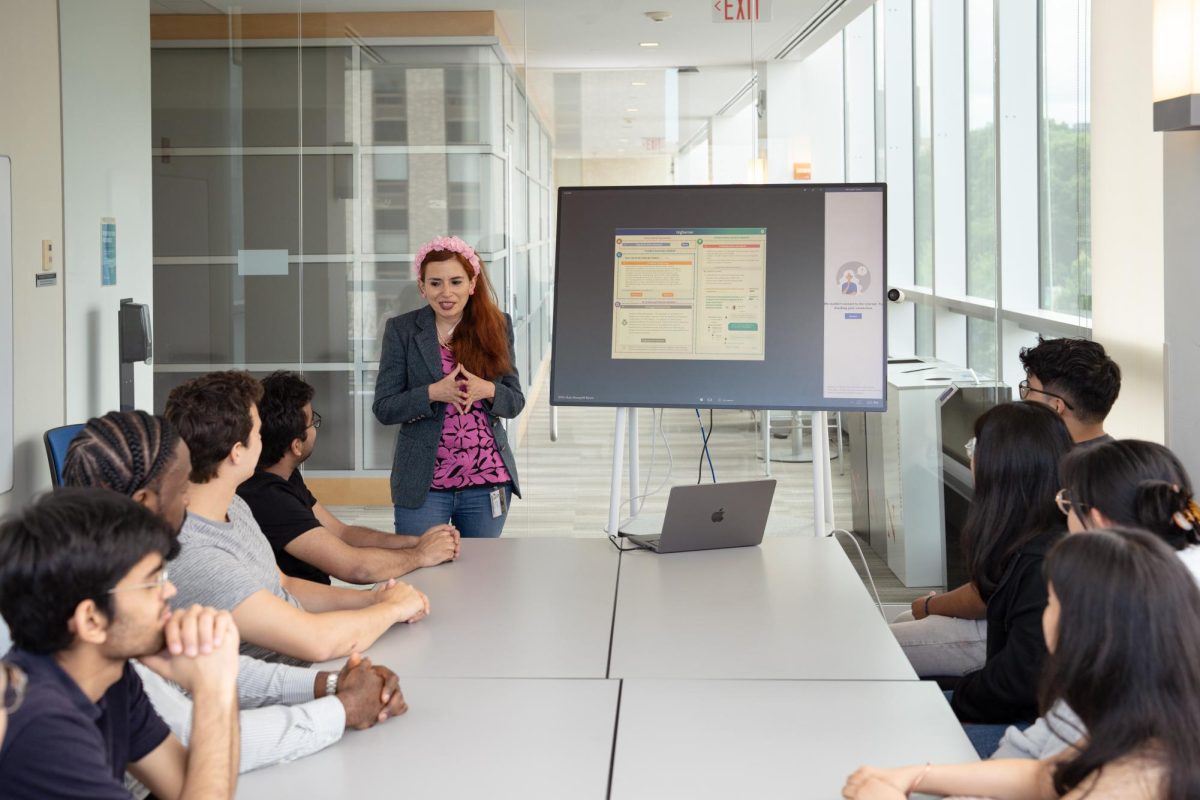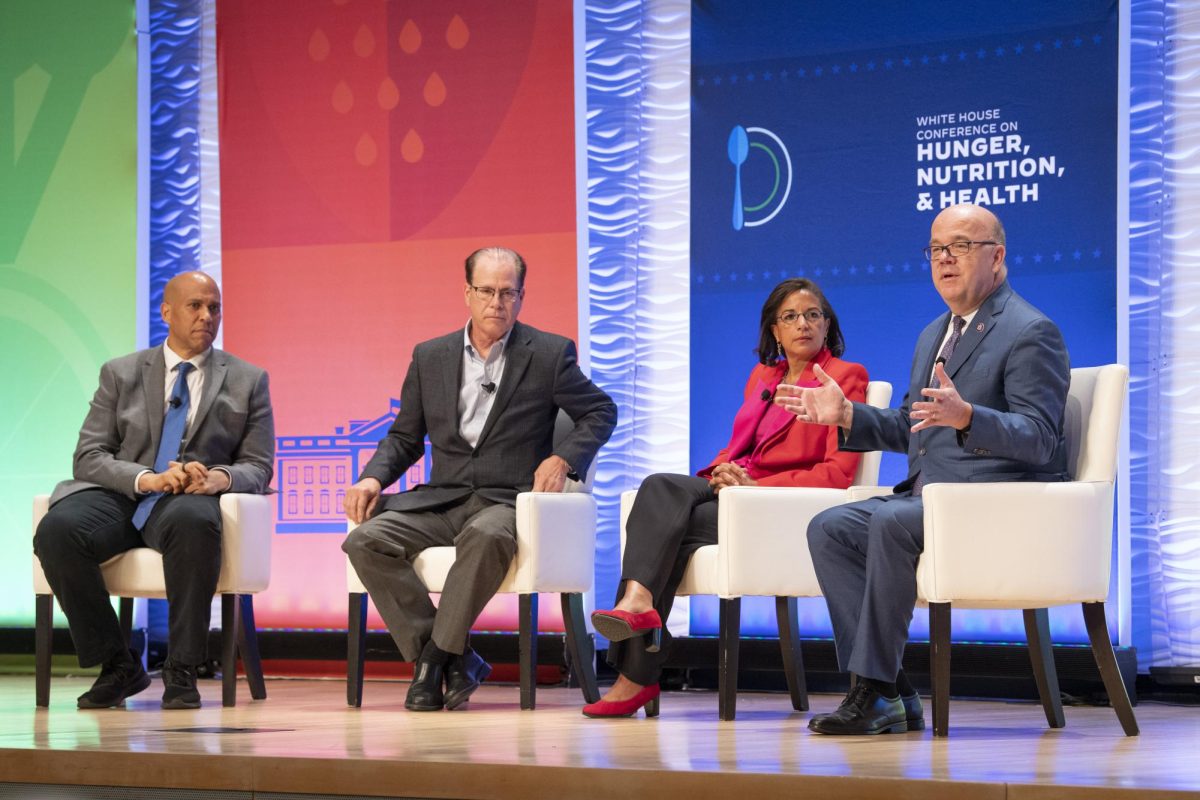By Stephanie Peters
In an attempt to alleviate the blow dealt by the repeal of its executive board’s full-tuition scholarships, the Student Government Association (SGA) gained approval Thursday for a yearly budget that includes $20,000 in stipends for its six executive board members.
The victory, however, comes with a price tag.
The Budget Review Committee (BRC) did not approve the budget as presented, which asked for $42,735 from the Student Activity Fee (SAF), a 21 percent increase from the current year’s budget. Instead, the BRC shaved $4,325 from the proposed budget to keep SGA to the yearly 10 percent increase allowed by the SAF Manual guidelines.
Despite telling the BRC during the budget presentation that SGA’s request was the “bare minimum that will allow [SGA] to go forward next year,” SGA President Ashley Adams said she was pleased with the approved budget.
“I feel like we came to a compromise, and yes, it’s going to require student government to be fiscally responsible, to rely on our cash account and fundraising, but I don’t think our budget has been crippled at all,” Adams said.
If approved by the Student Activities Board (SAB), the budget will grant a $4,000 yearly stipend to the SGA president; $3,500 each to the executive vice president and vice president for financial affairs and $3,000 each to the vice president for academic affairs, vice president for student services and vice president for administration and public relations. Though more than half the approved budget will go toward the e-board payroll, BRC Chair and SGA Vice President for Financial Affairs Billy Haddad said he was comfortable with his committee’s decision to leave only $18,500 for SGA’s operations next year.
“My overall assessment of the budget is that they will be able to operate just fine; they will just have to manage their funds better and rely on their cash account,” Haddad said.
Though payroll and scholarships are listed in the SAF Manual under non-fundable items, Haddad said budgeted groups aren’t necessarily held to the same standards as student groups that present individual program requests to the BRC throughout the year.
“The [annually budgeted] groups are slightly different because their budgets are for operational purposes,” Haddad said. “It’s OK if it’s not in accordance with the [SAF] guidelines as long as the SAB approves it.”
Before discussing the specifics of the budget, the BRC members deliberated whether they felt the e-board members should receive stipends from the SAF funds. The committee, comprised of Haddad, six SGA senators, two students at large and an advisor, voted 6-1 in favor of granting the payroll, with two abstentions.
The only BRC member to vote against awarding the e-board stipends was SGA Senator Michael Naughton, who noted that no other student organization uses the SAF to pay itself and asked committee members to “think about who we’re here to represent.”
“We asked [Adams and Vice President for Administration and Public Relations Adriana Campos] a couple of times what’s more important, a team-building retreat that will benefit 50 senators or paying the six e-board members,” Naughton said. “They, without hesitation, said our payment is more important than an increase to promote what we do for the student body.”
Senator Rob Ranley spoke in favor of granting the stipends, noting that anyone interested in holding an SGA e-board position must forgo co-op or any part-time job, potentially creating a financial burden.
“Sometimes the right person for the job might not be able to do it because they have to pay for school or some reason, and I don’t want to discourage them,” Ranley said. “I don’t think it’s about the money making them more productive, I think it’s about giving them the opportunity to be productive and that’s a big part of why it’s essential.”
While allotting for stipends in their yearly budget is not new for SGA – the president and executive vice president have been compensated since the 1980s and this year received $7,200 and $3,600, respectively, Haddad said. SGA is the only student group to use SAF funds to pay its e-board.
The Council for University Programs (CUP), another budgeted student group, doesn’t pay its officers, who spend about 15 hours a week in the office, said President Amanda Zoglio.
Sergio Marrero, president of the Latin American Student Organization (LASO) and an SGA senator, said he and his e-board spend an average of 20 to 25 hours per week serving their organization, but do so “because of their love for what they do,” not compensation.
“LASO as a whole feels that when you choose a student leadership position, it’s exactly that,” Marrero said. “You choose to do it for your passion and not for compensation.








